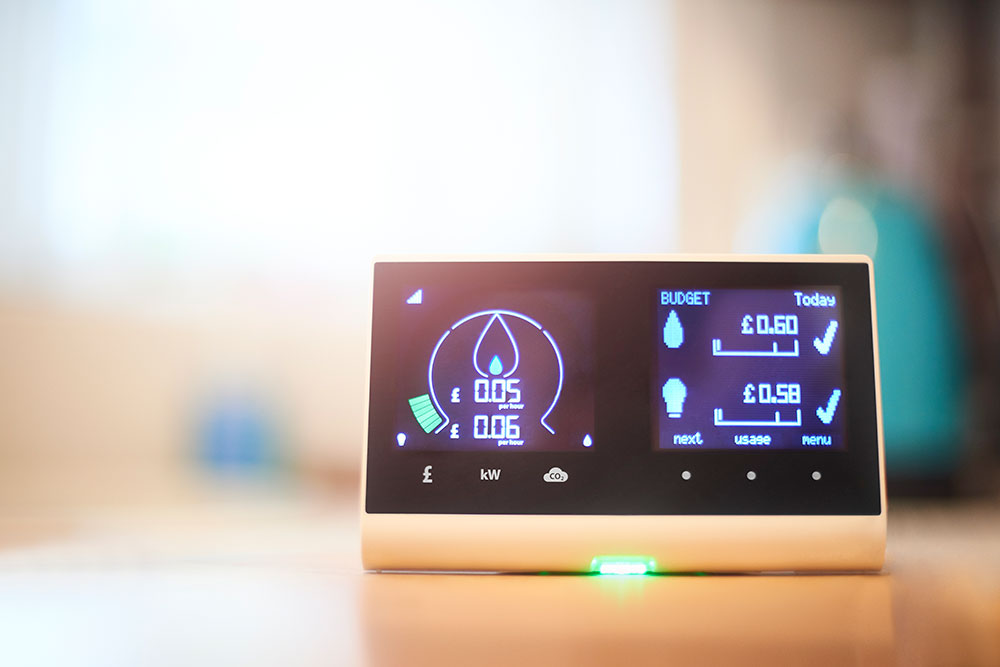How to Find the Cheapest Mortgage
When you start looking round for a new home, there are plenty of important questions that need answering. Such as: ‘Is there enough room for a pool table / 62 pairs of shoes?’; ‘Do the neighbours like rap music?’; Or ‘How far away is the nearest pub?’
But the two you need to address first are: ‘How much can I borrow?’ and ‘How much will it cost?’
Get the answers to these and everything else will fall into place.
If you’re unsure where to begin, online mortgage calculators are a good way of finding out borrowing costs and amounts. Then, when you have a greater understanding of what you’re going to need – and be able to afford – you can speak with a mortgage advisor.
A mortgage calculator will do the leg work for you, filtering through all the mortgage deals on the market that meet your search criteria .But, be aware, estimated repayments can vary wildly depending on the type of mortgage you go for, interest rates and product fees.
Comparing mortgages can be tricky. It can feel like you’re trying to speak a different language with all the different technical terms, various payments, lenders and add-on fees to factor in. So, searching around from the safety of your own sofa can be a good place to start.
Some information you’ll need to provide is easy – other bits, less so. You’ll be asked whether it’s your first home, a move, or a remortgage. Simple enough. This will sift out the deals not applicable to your situation.
Mortgage type is a little trickier – fixed, variable, capped or tracker? If you don’t care, tick the default box. But it’s worth doing a little homework and seeing which would work best for you.
There are also repayment options – normal and interest-only. Interest-only mortgages will look a whole lot cheaper but that’s because you will only be paying the interest and no repayments will go towards your actual loan.
Every provider will have its own criteria in terms of how much you can borrow and much of this will be based on your credit rating and personal circumstances, such as income.
Once you’ve worked out how much you can borrow, it’s pretty simple to work out how much deposit you’ll need. It more or less comes down to the difference between the property value and the mortgage required.
On a final note before you get going on your search, don’t ignore the small print about product fees, which can be referred to as mortgage, booking or arrangement fees. Either way, they’re an essential part of your application and added on to what you’ve got to shell out for.
Wherever possible, pay these outright rather than adding them to your mortgage – which is what some companies will offer. If you build them into your loan, you’ll pay interest on them.
Happy house hunting!



